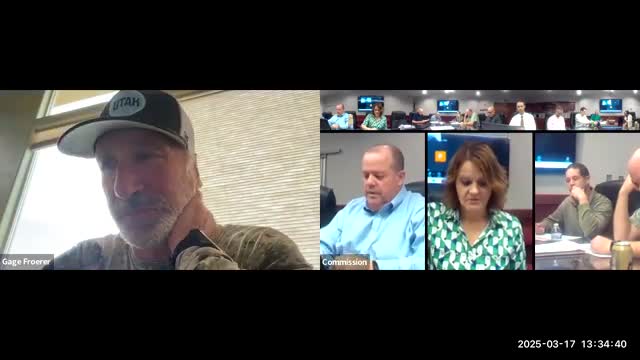Article not found
This article is no longer available. But don't worry—we've gathered other articles that discuss the same topic.
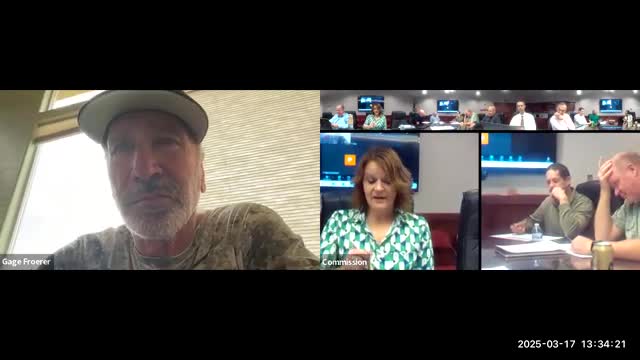
Votes at a glance: Weber County Commission work session motions and outcomes
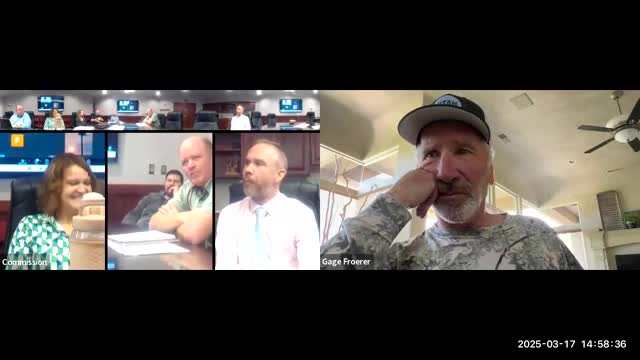
County approves small change order to add waterstop on 5900 West bridge to prevent leaks
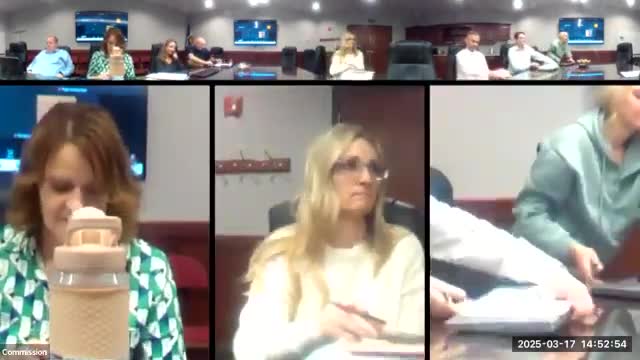
Commissioners OK ordinance language conditioning Nordic Valley Way vacation on new road installation
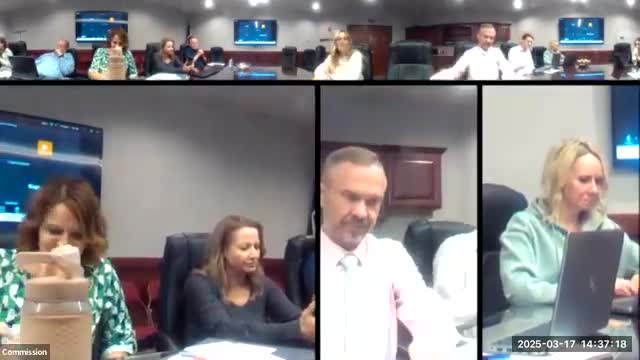
Weber County weighs policy change after staff find non-law-enforcement employees taking vehicles home
